This is the second in a series of articles highlighting the differences in working practices between US Notary services and those in the United Kingdom.
Article 1 dealt with: The professional status of Notaries Public, the qualifications required to practice as a Notary, and the US concept of a ‘commission‘.
4. Notarial Duty of Care
One of the key distinctions between UK and US notaries public lies with the view of their respective legislatures concerning a Notary’s legal responsibility.
In the United States a Notary Public is not required to observe such a significant duty of care as UK Notary might be expected to. In UK law, notaries are not only expected to understand each and every aspect of the documents that they notarize, but also have a duty of care to ensure that the signatory understands too.
This means that a UK notary has a far greater responsibility to a signatory, hence the need for professional indemnity insurance.
5. Legal protection and Insurance for Notaries
UK notaries are required to insure themselves through professional indemnity cover to a minimum level of £750,000. In reality most UK notaries will carry several million pounds worth of professional indemnity insurance.
Notaries Public operating in the United States of America have no professional obligation to seek insurance, therefore incur significantly lower operating costs than their UK equivalents.
6. Notarial Fees
US notaries typically charge a fee of $5 to $10 per document.
The Faculty Office requires UK Notaries to “charge a reasonable fee which is appropriate for the services undertaken”. Therefore most UK notaries will charge a fee of somewhere between £60 and £120 per document. US citizens requiring a Notary in the UK should be aware that larger companies will charge Value Added Tax of 17.5% in addition to their ‘per document’ fee.
Anyone seeking clarification on US Notary vs UK Notary matters please refer to other instalments on this topic, or contact us via email.

0 Comments